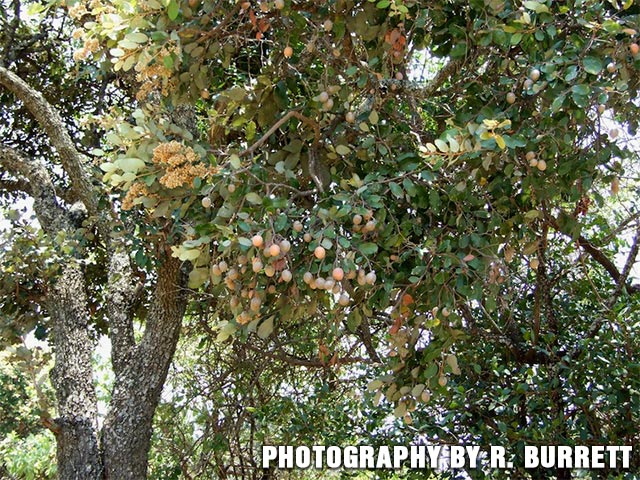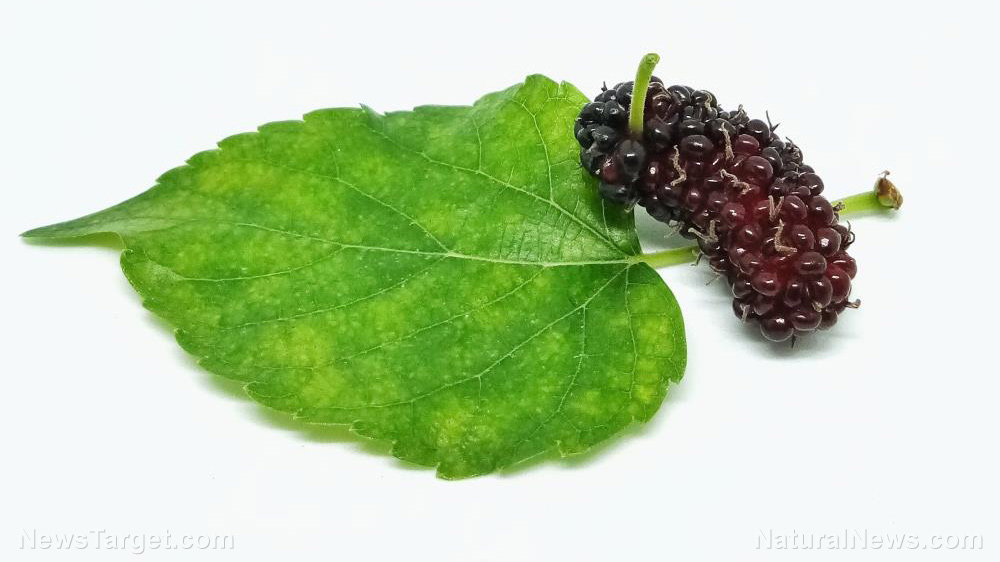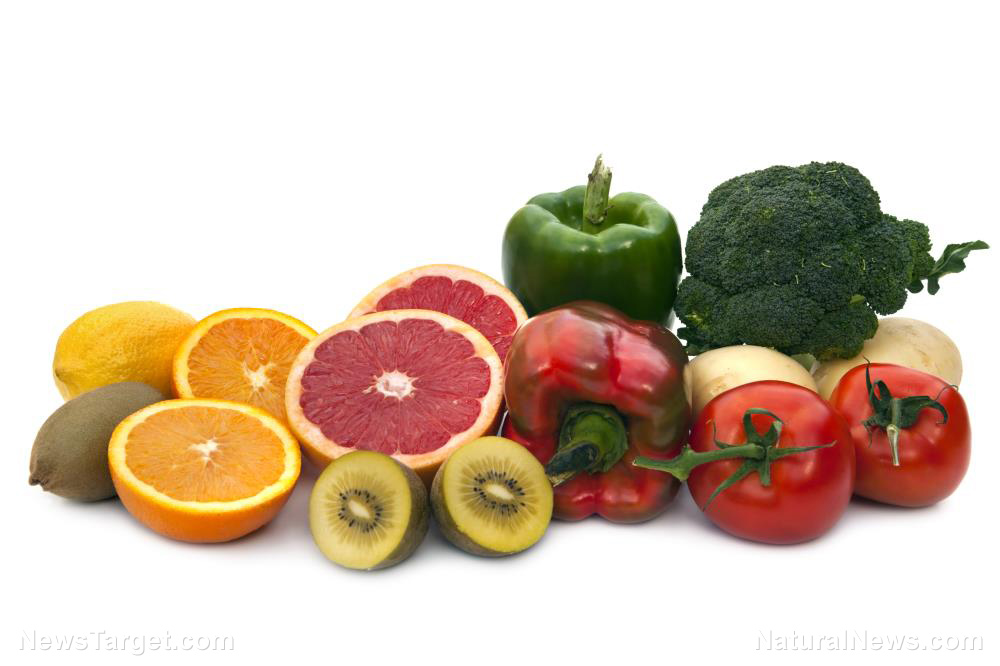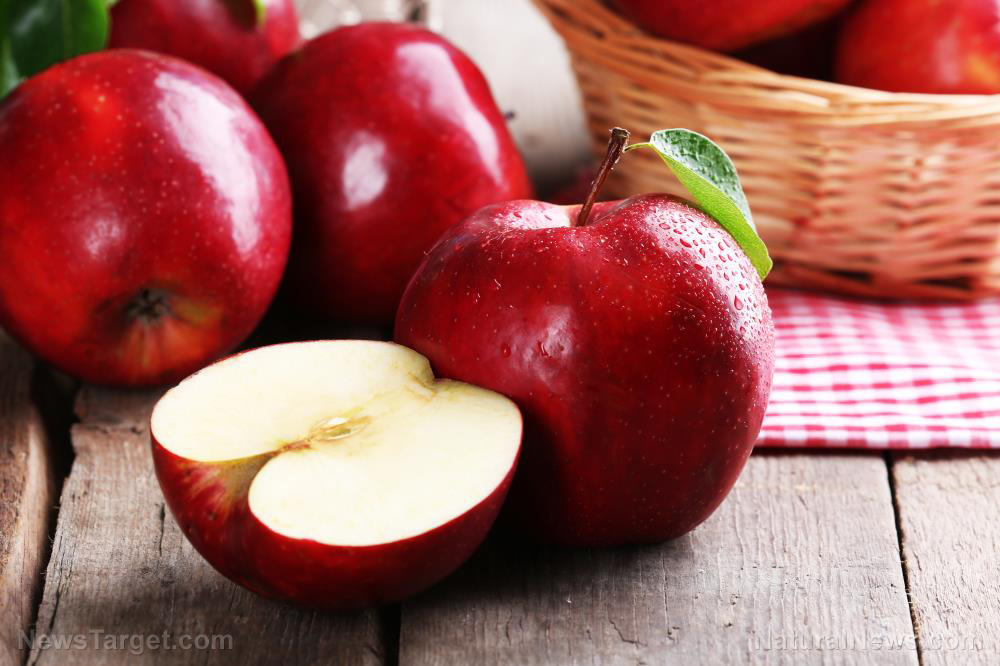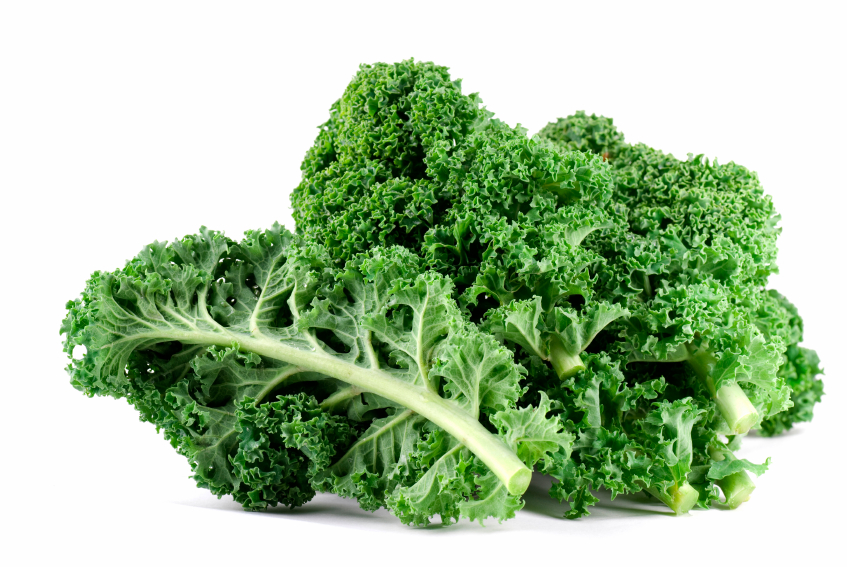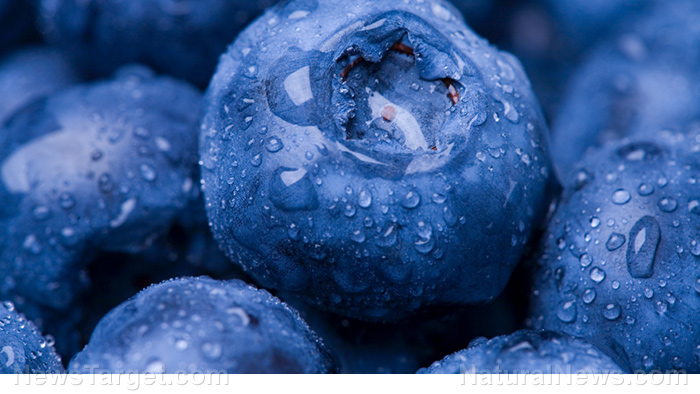Lychee fruit found to be a natural remedy for gastric ulcers
11/27/2018 / By Zoey Sky
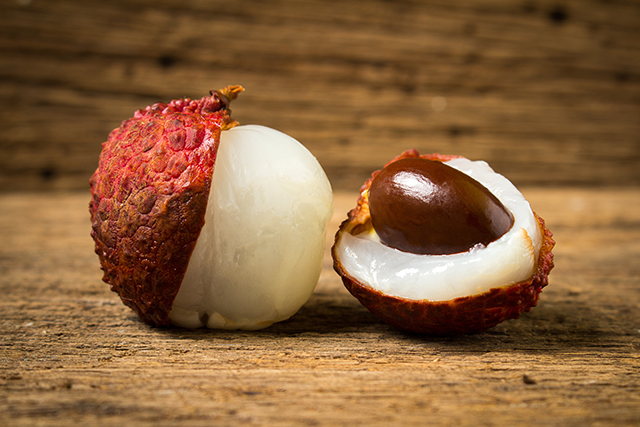
Lychees (Litchi chinensis) are a tropical fruit with a sweet and flowery flavor. It contains antioxidants, minerals, and vitamins. However, according to one study, the fruit can also potentially prevent and treat gastroesophageal inflammatory diseases like acute reflux esophagitis (RE) and gastric ulcer (GU).
The study, published in the Journal of Medicinal Food, utilized animal models to see if the oligonol in lychee can cure RE and GU.
Oligonol is a polyphenol and is produced by an oligomerization process that changes high-molecular-weight polyphenol polymers into low-molecular-weight oligomers. Experts posit that the polyphenol may have health benefits due to it’s anti-inflammatory and antioxidant properties.
According to the authors, this study was the first to analyze oligonol’s anti-inflammatory and antioxidative effects on gastroesophageal inflammatory models. The researchers tested the polyphenol’s effect on surgically-induced acute reflux esophagitis (RE) and gastric ulcer (GU), which were induced in vivo using hydrochloric acid/ethanol (HCl/ethanol).
In the in vitro study, 2,2-diphenyl-1-picrylhydrazyl (DPPH) and 2,2?-azino-bis(3-ethylbenzothiazolin-6-sulfonic acid) (ABTS) radical scavenging assays were conducted to establish the antioxidant activity of oligonol. DPPH is a dark-colored crystalline powder with stable free-radical molecules while ABTS is used to test if molecules can bind with each other.
There were three experimental groups in the study: the normal, vehicle, and oligonol groups. The researchers gave the RE rats and GU mice oral doses of oligonol (100 milligrams per kilogram body weight per day [mg/kg bw]) or distilled water as a vehicle.
The in vitro study results showed that:
- Oligonol had effective free radical-scavenging capacities for DPPH and ABTS radicals, similar to the activities of ascorbic acid.
- The consumption of oligonol prevented RE and GU formation in the mice models.
- Additionally, the polyphenol minimized gross mucosal injury from oxidative stress in the subjects.
- Oligonol reduced the reactive oxygen species levels and elevated levels of both inflammatory mediators and cytokines (e.g., p-IkB, NF-kBp65, COX-2, iNOS, TNF-a, and IL-1B) in the RE and GU models. Cytokines are polypeptides produced by leukocytes and other cells that mainly function on hematopoietic cells. These polypeptides are linked to the modulation of immune and inflammatory responses.
- The oligonol in lychee helped prevent oxidative stress by regulating antioxidant enzyme (superoxide dismutase, catalase, and GPx-1/2) activities in GU mice.
The scientists concluded that the oligonol in lychee can potentially be used to prevent and treat gastroesophageal inflammatory diseases like acute reflux esophagitis and gastric ulcer.
What are lychees?
The lychee, which is also called lichee or litchi, is a small tropical fruit that belongs to the soapberry family.
- Lychees are closely related to other fruits like longan and rambutan.
- Cultivated in subtropical regions around the globe, lychees are very popular in Southeast Asia and China, where they are native.
- Lychees have a sweet and flowery flavor. Often eaten fresh, the fruit can be used to make ice cream or processed into jelly, juice, sherbet, and wine.
- A lychee is covered by inedible leathery skin. The reddish-pink skin must be removed the fruit is eaten. Lychee has white flesh with a dark seed in the center.
- Lychees are made up of 82 percent water and 16.5 percent carbohydrates. Most of the carbs in lychees come from sugars. The fruit is relatively low in fiber.
- Lychees contain vitamins and minerals, like vitamin C. The fruit also contains copper and potassium. (Related: Treating ulcers naturally with a herbal complex.)
- The fruit also contains antioxidant plant compounds like epicatechin, which can boost heart health and lower the risk of cancer and diabetes. Lychees also have rutin, a potent antioxidant that can help prevent chronic diseases like cancer, diabetes, and heart disease.
You can read more articles about lychees and other natural cures for ulcers at Healing.news.
Sources include:
Tagged Under: anti-inflammatory, botanicals, gastric ulcers, gut health, herbal medicine, herbal remedies, lychees, natural cures, natural healing, natural medicine, natural remedies, oligonol, oxidative stress, prevention, reflux esophagitis, research, ulcers




